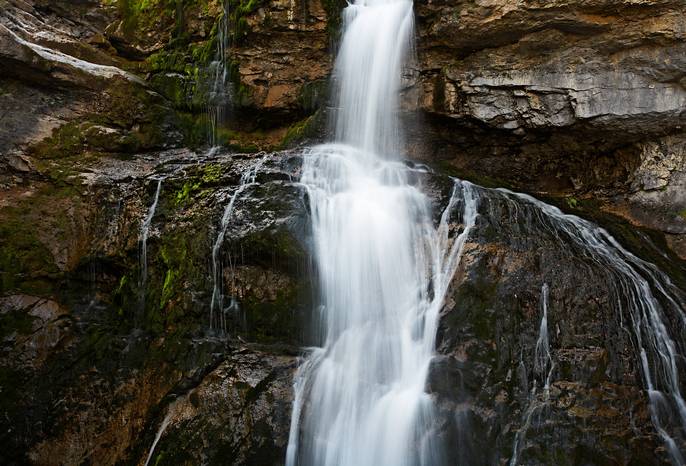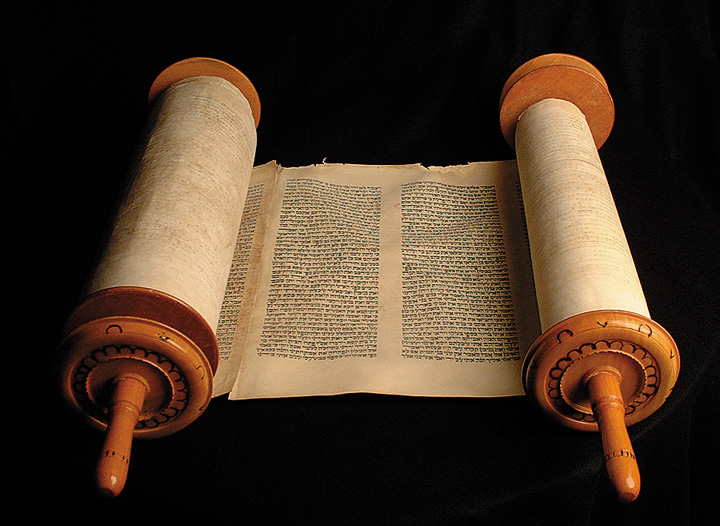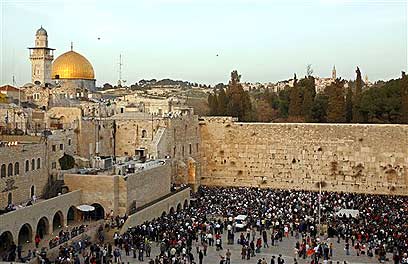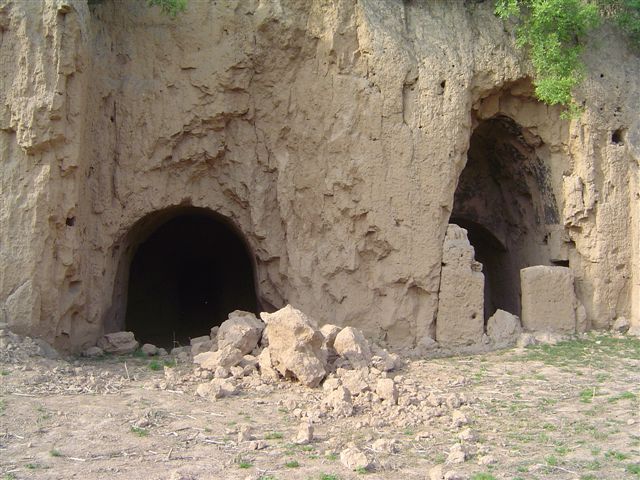***For English scroll down***
שלום לכולם.
 חג השבועות מתקרב ובא, ובשבילי החג הזה מסמל לא רק את מתן תורה ואת
זמן הביכורים, אלא נקודה על ציר הזמן שנותנת לנו הרבה חומר למחשבה על עצמנו ועל
איך שאנחנו רואים את עצמנו.
חג השבועות מתקרב ובא, ובשבילי החג הזה מסמל לא רק את מתן תורה ואת
זמן הביכורים, אלא נקודה על ציר הזמן שנותנת לנו הרבה חומר למחשבה על עצמנו ועל
איך שאנחנו רואים את עצמנו.
התורה נמשלה למים. במדרש שיר השירים רבא א, יט ישנן שבע נקודות דמיון בין התורה ובין
המים. אחת מנקודות אלה היא כי האדם אינו צריך להתבייש ולבקש מים מחברו- כן אל לו
לאדם להתבייש מלבקש דברי תורה מחברו. נקודה זו הינה חשובה ביותר בשבילנו. כל אחד
מאיתנו מעוניין ללמוד ולהתפתח. בתור מורה לעברית כבר יצא לי לא פעם לראות אדם
שמשלם ממיטב כספו על מנת ללמוד עברית, אך בפועל אינו מסוגל לבקש ולקבל את המים. זה
לא קל להיות שוב כמו ילד שמנסה להרכיב משפטים פשוטים ממילים בסיסיות בלבד, לפרק את
המחשבות העמוקות והרגשות הפנימיים למשפטים קצרים ובסיסיים ולקוות שהאדם שממול
מקשיב ומבין. לוותר על כל ההשכלה והידע שנרכשה בעמל רב ולהפוך מאדם בוגר ומודע
לאדם שמבקש מחברו מים, דבר בסיסי ופשוט.
לא סתם אנו מספרים את סיפורו של רבי עקיבא בהתפעלות. אדם שלא למד
מעולם, "לא ידע צורת אות מהי" ושלא ידע אפילו לומר קריאת שמע החליט,
בגיל ארבעים, להצטרף לכיתת הלימוד הבסיסית ביותר (אל תשכחו שבחדר נהגו להתחיל
בלימודי הקריאה והכתיבה כבר בגיל שלוש) וללמוד לקרוא ולכתוב כאחד הילדים. אז אמנם
מעורבת בעניין אישה, כמו תמיד, אבל כולנו יודעים שלשבת בכיתה עם ילדים בני שלוש
ולהתאים את עצמנו לאוצר המילים ולעולם שלהם זה צעד לא פשוט בכלל. היה משהו נוסף
ששכנע אותו כי רחל צודקת.
האגדה מספרת שבזמן שרעה את צאנו של כלבא שבוע (אבא של רחל), ראה עקיבא
(אז עוד לא היה רבי עקיבא) מים שמטפטפים מתוך נקב בסלע ויוצרים שקע בסלע שמתחת.
מראה זה גרם לעקיבא שמחה גדולה מאחר והוא הבין שכמו שהמים, שהם רכים, הצליחו ליצור
מציאות חדשה בסלע, שהוא קשה, על ידי התמדה- כך יוכל גם הוא לגרום לליבו (שהוא חשב
שכבר נוקשה כמו אבן בגלל גילו) ללמוד ולהבין תורה, שהיא רכה ומחיה כמו מים.
שנזכה כולנו להמשיך וללמוד ולהתמיד בכך על אף הקשיים,
חג שמח,
Shalom,
The festival of Shavuot is approaching, and for me this festival
symbolizes not only the giving of the Torah and the time of the first fruits,
but also a point in the timeline that gives us a lot of food for thought about
ourselves and how we view ourselves.
The Torah is comparable to water. In the Midrash 'Shir Hashirim' Raba
1:19, there are seven similar characteristics between the Torah and water. One
of these points is that, just as a person does not need to feel ashamed to ask
for water from his friend, so too, a person does not feel ashamed to ask
another for words of Torah. This point holds a great importance for us. Each of us is interested in continuously learning
and developing. As a Hebrew teacher, I have often seen a person pay a lot of money
to learn Hebrew, but in actuality be incapable of asking and receiving the
water. This is not an easy task, to once
again return to a child like stance, trying to assemble simple sentences from just
basic words, and to break down ones deep inner thoughts and emotions to short
and basic sentences with the hope that the person in front of him will listen
and understand. To give up on all the laboriously acquired education and
knowledge and to turn from a mature knowledgeable man to a man that asks for
water from another, is a basic and simple matter.
 It's not for nothing that we tell the story of Rabbi Akiva with
admiration. A man that had never studied, who didn’t know what the form of a
letter was, and didn’t not even know how to read the Shema prayer, decided at
the age of 40, to join a class to begin learning the basics (don’t forget that
in the classroom they began learning to read any write at the age of three) and
to learn how to read and write, just like the children. Of course, there was a woman involved in this
story, as always, but we all know that to sit in the classroom with children of
the age of three, and to adapt himself
to the vocabulary and to their world, was not a simple matter. There was yet another
thing that convinced him that his wife, Rachel was right.
It's not for nothing that we tell the story of Rabbi Akiva with
admiration. A man that had never studied, who didn’t know what the form of a
letter was, and didn’t not even know how to read the Shema prayer, decided at
the age of 40, to join a class to begin learning the basics (don’t forget that
in the classroom they began learning to read any write at the age of three) and
to learn how to read and write, just like the children. Of course, there was a woman involved in this
story, as always, but we all know that to sit in the classroom with children of
the age of three, and to adapt himself
to the vocabulary and to their world, was not a simple matter. There was yet another
thing that convinced him that his wife, Rachel was right.
The Aggadah tells that while he was grazing his flock of sheep of Kalbah
Shavua (Rachel's father) Akiva saw (note, he was still not Rabbi Akiva at this
point) water dripping from a hole in a rock that had created a hollow in the
rock that was below it. This sight gave Akiva a feeling of immense happiness as
he understood that just like water , which is soft, succeeded in creating a new
existence in the rock which is hard, by means of perseverance, so too, he would be able to change his heart
(that he already considered rigid and stiff like a stone because of his age) to
learn and to understand the Torah, which is soft and alive like water.
We should remind ourselves to continue and to learn and to persevere in
this pursuit despite the difficulties.
Chag Sameach!
Osnat








